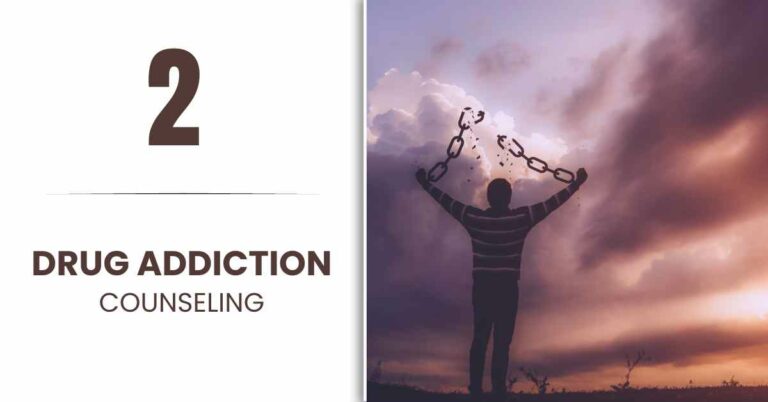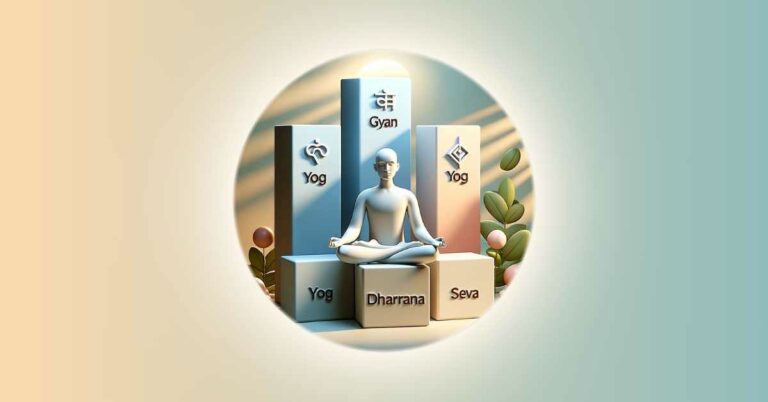
1 Simple Way to Detox Mind & Body
Discover the transformative power of viewing detox not just as a physical cleanse but as a holistic approach to living, emphasizing the profound connection between mind, body, and environment.

As a counselor, you are going to play a very important role in supporting your clients to take responsibility for themselves by setting goals and making informed decisions. To be effective, you will need to understand the basic concepts of drug addiction counseling.
We have already discussed counseling in general terms. Now we will discuss drug addiction counseling. Remember, not everyone who uses drugs is addicted to drugs. Addiction to drugs can be difficult to overcome for many individuals. Drug addiction counseling provides guidance on strategies to assist clients to reduce risks associated with using drugs and, if desired, to abstain from drug use. Counseling can be effective in reducing both drug use and the harm associated with drug use. Drug addiction counseling enables clients to link the problems they may have to their drug use, and to identify tangible solutions.
Many of the skills and techniques that will be taught in this course are based on cognitive behavioral frameworks that have been shown to be effective in assisting drug users to stop using drugs.
Counseling is the purposeful act of providing professional guidance. It utilizes various psychological methods and techniques to guide the client in a constructive direction.
In order to be effective, drug addiction counseling must be client-centered, based on individual needs. The goal and objectives of counseling should be negotiated between the client and the counselor. Ultimately, clients should feel empowered to solve their problems on their own. The counselor assists clients to understand available treatment options, and to make informed decisions on how best to proceed.
I want to emphasize the role that drug addiction counseling plays in assisting clients to reduce risk and/or abstain from drug use.
The role of drug addiction counseling is to:
Drug addiction counselors provide guidance and advice to assist clients to realize their goals through the development of specific skills and techniques. Informal communication in counseling sessions helps to enable clients to acquire these skills. We will now discuss these communication attributes in greater detail.
Effective communication is an essential component of drug addiction counseling. Information exchange is greatly enhanced when counselors adhere to a few basic principles of effective communication. Effective communication is clear and non- judgmental. This helps to build rapport and a sense of trust between client and counselor.
We have also discussed the principles of voluntary participation in counseling, showing respect for the client, and developing trust. Effective communication is also crucial in undertaking a quality assessment and managing drug-related problems.
Effective communication involves developing rapport and a sense of trust. For example, non-verbal cues such as your body position, facial expressions and other gestures have meaning and influence the way your communication is interpreted. Sitting at a large distance from your clients may make them feel safe, but it may also make them feel that you do not want to have close contact with them.
If you speak their language by using words that they usually use, your clients may feel more comfortable because they will feel that you understand them.
Attend to the person’s immediate concerns. Your clients may express various needs and request your support. It is important to listen to them and help them feel that they are being listened to. Make an effort to understand what their immediate needs are and address them first. Be honest with them and tell them that you may need more time to understand and work with them on ways to address some of their other needs.
Show concern about their drug use problems without prejudice.
Use appropriate language to overcome potential communication barriers. Language can be verbal or non-verbal (so be aware of your body language). Your communication style is very important. When you are engaged, your eyes should be warm and inviting; they should show you are interested in what they have to say.
A counselor successfully expresses empathy toward clients by listening and understanding what they are going through. Counselors are not obligated to agree with their clients, but they must not be judgmental in disagreeing. The counselor provides feedback and helps clients find their own solutions. Counselors should avoid sympathizing, should not take sides, and should not get emotionally involved as that sill undermine the potential benefits of counseling and can cause counselor burnout.
Empathizing means understanding the circumstances, the situation, and what is happening to the client. It does not mean sharing emotions. In empathizing, one is objective and compassionate without being overly emotionally involved.
Sympathizing is agreeing with the person, feeling their emotions, and being on their side.
When you sympathize, your clients no longer have you as a counselor; they might do just as well talking to themselves in a mirror. You stop being objective and reflective; you are just the same as your clients.
In empathizing, you understand what the person has gone through: their suffering, pain, and hurt. But when you become sympathetic, you carry their pain and agree wholeheartedly with them, and you lose the ability to be an effective counselor.
an intervention, confidential, provides options
Compiled by : Dr. Valsalan Nair

Discover the transformative power of viewing detox not just as a physical cleanse but as a holistic approach to living, emphasizing the profound connection between mind, body, and environment.

Discover the crucial link between inner peace and deep sleep, and learn the one thing you should never do if you want to enjoy restful nights and wake up refreshed.

Discover the profound wisdom of utilising life’s four treasures—Gyan, Yog, Dharna, and Seva—to amplify your happiness and blessings manifold. Learn how to transform these gifts into a source of endless joy and fulfillment in your life.

Discover how to cleanse your wrong karmas through affirmations, meditation, and self-forgiveness. Learn to let go of the past and embrace a peaceful and powerful present with our insightful guide

Discover the transformative power of positive thinking in reshaping challenging relationships, particularly within the family. Learn how changing our internal dialogue can manifest harmony in our external world.

Discover how altering just one erroneous belief can significantly transform your life and the lives of those around you. Embrace the journey of introspective change and live life on your terms.

Uncover effective strategies for mind control and emotional mastery. Explore our comprehensive guide on cultivating inner peace, resilience, and a positive mindset in the face of life’s challenges.

Embrace the age-old wisdom of “Early to bed, early to rise” for a healthier life. Prioritize sleep between 10 p.m. and 2 a.m. for optimal rest. Adopt a nightly routine of disconnecting, meditation, and positive affirmations. Incorporate a Satvik diet for well-being. Embracing these practices can significantly enhance your physical, emotional, and mental health.

We should consider it our prime duty to recognise thoroughly that lust is not the right thing but a vice, a despicable thing, an evil

SHORT DEFINITION OF ADDICTION Addiction is a primary, chronic disease of brain reward, motivation, memory and related circuitry. Dysfunction in these circuits leads to characteristic
Start your day with a breeze of positivity and stay motivated with these daily affirmations
After Clicking on Join, You will be redirected to Whatsapp Community to receive daily message. Your identitiy will be secured and no group member will know about another group member who have joined.